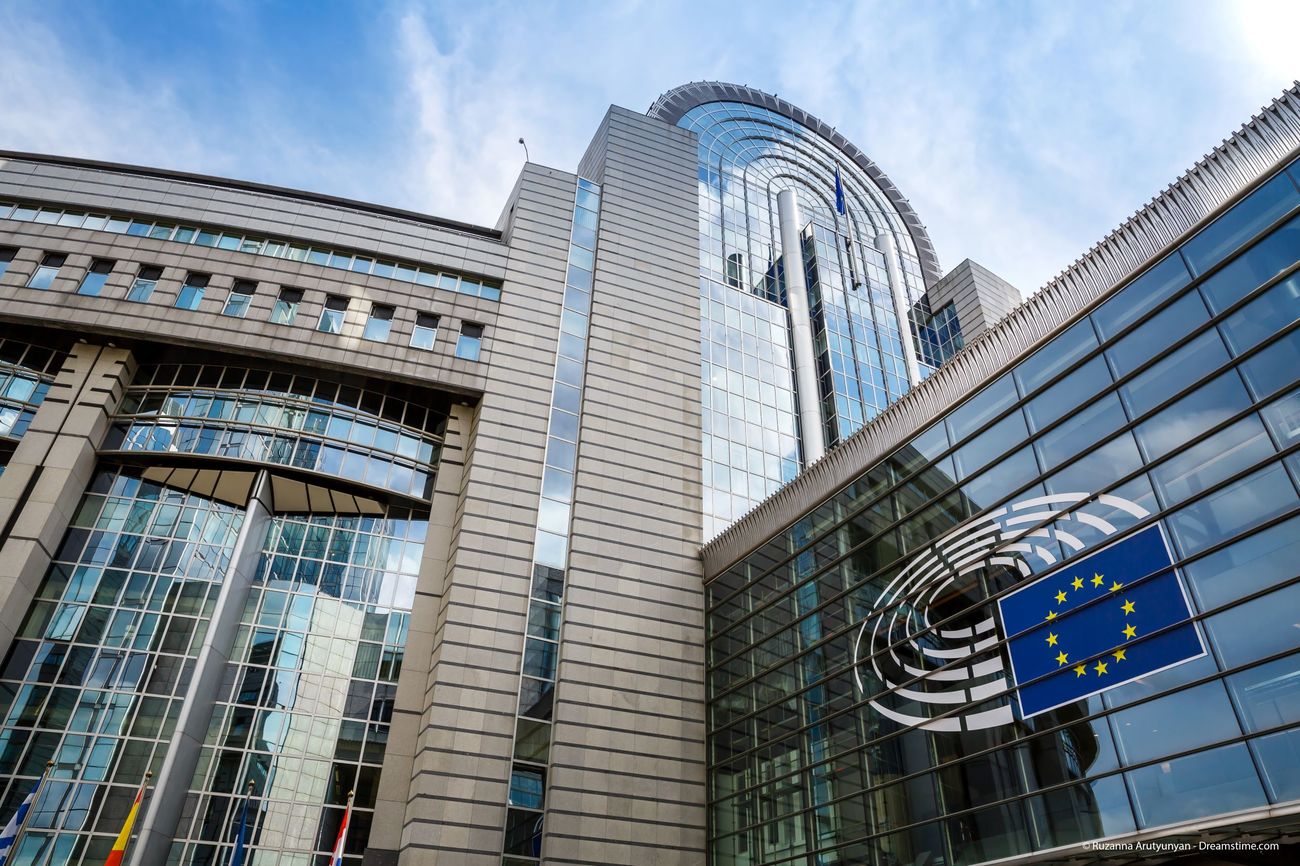Ilaria Di Silvestre
EU elections manifesto: prioritising animals and nature
EU elections manifesto: prioritising animals and nature

In June 2024, the citizens of the European Union (EU) will exercise their democratic rights by heading to the polls to elect their representatives for the European Parliament. These Members of the European Parliament (MEPs) will bear the responsibility of shaping the EU’s policies and decisions for the next five years.
As the world grapples with pressing challenges like climate change and biodiversity loss, EU citizens are increasingly vocal in urging policymakers to prioritise animal welfare and environmental protection. In response to these concerns, IFAW has presented an ambitious manifesto for the EU elections, outlining a roadmap to address critical issues in the years ahead.
The state of our planet
Harmful human activities are having devastating consequences on our planet. Practices like illegal and unsustainable wildlife exploitation, underwater noise pollution, bycatch of marine species, and deforestation have all contributed to significant biodiversity loss. The consequences of these actions ripple through ecosystems, affecting both animal and human communities. With the Earth’s delicate balance at risk, the 2024 EU elections present a crucial opportunity to reevaluate our priorities and commit to meaningful change.
A vision for the future
IFAW has articulated a clear vision for the EU’s role in addressing these pressing challenges. We call on the EU to take decisive actions in 2024 and beyond, with the goal of creating a better world for animals, people, and the planet.
Let’s explore some of the key initiatives proposed in IFAW’s EU elections manifesto:
- Strong legislation to protect marine ecosystems: The health of our oceans is a matter of global concern. The Marine Strategy Framework Directive is a crucial tool for ensuring the sustainable use of Europe’s marine resources. IFAW emphasises the importance of strengthening its implementation and provisions for marine conservation. This includes implementing measures to reduce underwater noise pollution, protect marine habitats, and mitigate the impact of fisheries on non-target species.
- Implementation of the EU Biodiversity Strategy for 2030: The EU Biodiversity Strategy for 2030 sets ambitious targets for halting biodiversity loss and restoring ecosystems. IFAW calls on EU policymakers to prioritise the effective implementation of this strategy. This means safeguarding and restoring natural habitats, combatting illegal and unsustainable wildlife exploitation, combatting invasive species, and more. Achieving these goals will not only protect wildlife but also enhance the resilience of our ecosystems in the face of climate change and increasing natural disasters.
- EU Action Plan against Wildlife Trafficking: Wildlife trafficking is a grave threat to biodiversity and a lucrative criminal enterprise. IFAW stresses the need for a robust implementation of the EU Action Plan against Wildlife Trafficking. This should involve strengthening law enforcement, improving cross-border cooperation, adopting stricter legislation and raising public awareness about the consequences of this illegal trade. By taking a strong stance against wildlife trafficking, the EU can play a pivotal role in safeguarding endangered species.
- Leadership on Multilateral Environmental Agreements: The EU has the opportunity to demonstrate global leadership by championing multilateral environmental agreements. IFAW encourages the EU to actively engage in international efforts to address pressing issues like climate change, disaster preparedness and response, and wildlife conservation. By collaborating with other nations, the EU can drive forward initiatives that have a far-reaching impact on our planet.
Nature conservation and wildlife protection as climate solutions
Nature conservation and wildlife protection are not merely moral imperatives; they are also powerful tools for addressing climate change. Ecosystems play a vital role in sequestering carbon dioxide and regulating the Earth’s climate. When we protect and restore natural habitats, we are simultaneously combatting climate change while preserving biodiversity. Restoring nature also offers our best defense against climate change-induced natural disasters. Europe has suffered severe flooding and wildfires, causing billions in economic losses, environmental destruction of critical protected areas, and threats to protected wildlife as well as pets and farm animals. The full implementation of the European Green Deal and integration of animal rescue in disaster preparedness and response is essential for building resilience for communities and their animals.
These mutual benefits underscore the urgency of IFAW’s manifesto and the importance of EU policymakers taking bold and decisive action.
Looking ahead
In the upcoming EU elections in June 2024, citizens have the opportunity to influence the course of the EU’s policies for the next five years. IFAW’s manifesto provides a comprehensive roadmap for addressing critical issues related to animal welfare and environmental protection. By revising key directives, implementing ambitious biodiversity strategies, combatting wildlife trafficking, and showing leadership on global environmental agreements, the EU can make a significant difference in creating a better world for animals, people, and the planet.
As voters, we have the power to hold our representatives accountable and demand action on these crucial issues. By supporting candidates and parties that align with IFAW’s vision, we can collectively work towards a more sustainable and compassionate future. The 2024 EU elections are not just about selecting leaders; they are about shaping the future of our planet and all its inhabitants. Let’s make our voices heard and strive for a brighter future for all.
Related content
Our work can’t get done without you. Please give what you can to help animals thrive.